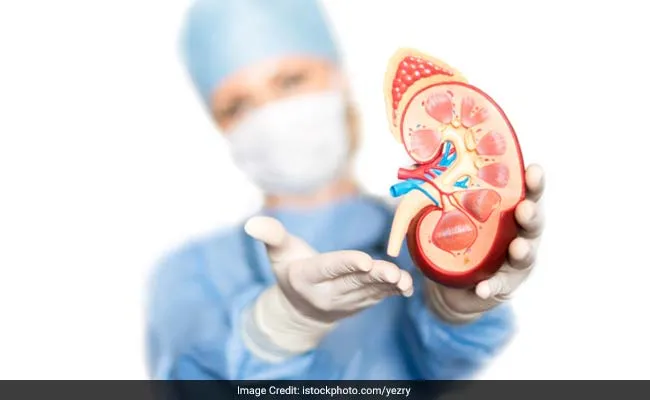On World Kidney Day, the imperative to raise awareness about the silent yet significant threat of kidney disease cannot be overstated. Millions worldwide are affected by this condition, highlighting the critical need to prioritize kidney health in discussions of overall well-being. Despite their vital role in the body’s functioning, kidneys are often overlooked, making proactive measures and seasonal adjustments crucial for safeguarding these essential organs.
As temperatures soar, hydration becomes paramount. Dr. Vikram Kalra, a Consultant Nephrologist at CK Birla Hospital®, Delhi, underscores the importance of increasing fluid intake, particularly water, to prevent dehydration, which can strain the kidneys. Seasonal fruits and vegetables, abundant in summer, not only provide hydration but also essential nutrients, supporting optimal kidney function. However, caution is advised against excessive salt intake, common in summer staples like barbecues and processed snacks, as high sodium levels can elevate blood pressure and stress the kidneys.
In colder months, maintaining warmth is essential. Dr. Kalra recommends dressing warmly, especially in chilly weather, to prevent blood vessel constriction, which could adversely affect kidney function. Moreover, seasonal illnesses such as the flu pose additional risks, with dehydration and fever being common symptoms. Prioritizing hand hygiene and vaccination can mitigate infection risks and help safeguard kidney health.
Irrespective of the season, certain habits remain pivotal for kidney health. Regular exercise aids in weight control, blood pressure management, and blood sugar regulation, all of which influence kidney function. Quitting smoking and moderating alcohol consumption also significantly reduce the risk of kidney disease. Dr. Sanjay Gohil, Associate Vice President at Metropolis Healthcare Limited, underscores the importance of routine check-ups and screenings for early detection and management of kidney issues, especially among high-risk individuals such as those with diabetes or high blood pressure.
Dr. Gohil emphasizes the silent nature of chronic kidney disease (CKD), with symptoms often subtle until the disease reaches an advanced stage. Regular screening and monitoring are therefore indispensable, utilizing tests like blood and urine analysis, as well as imaging studies when necessary. Timely intervention and lifestyle modifications can significantly slow or halt the progression of kidney disease, preserving kidney function and enhancing overall quality of life.






